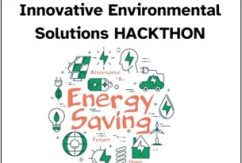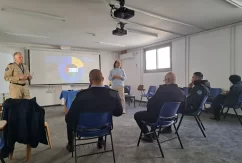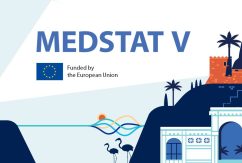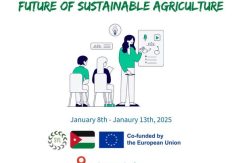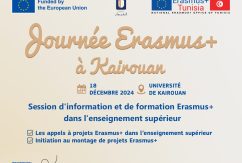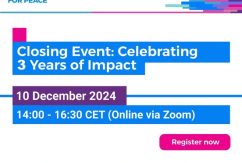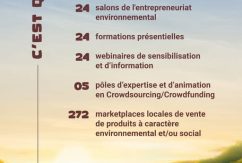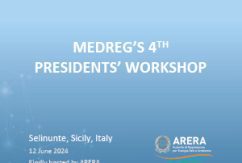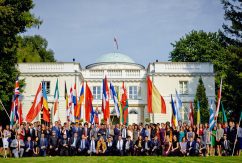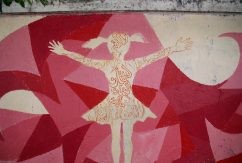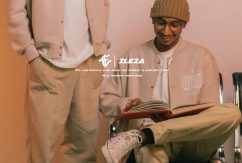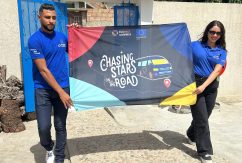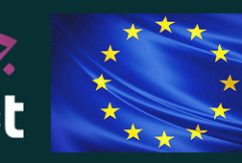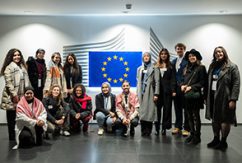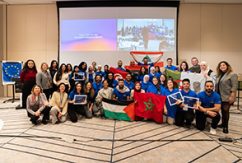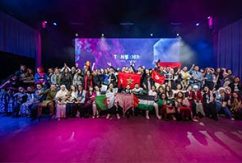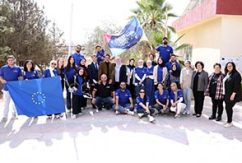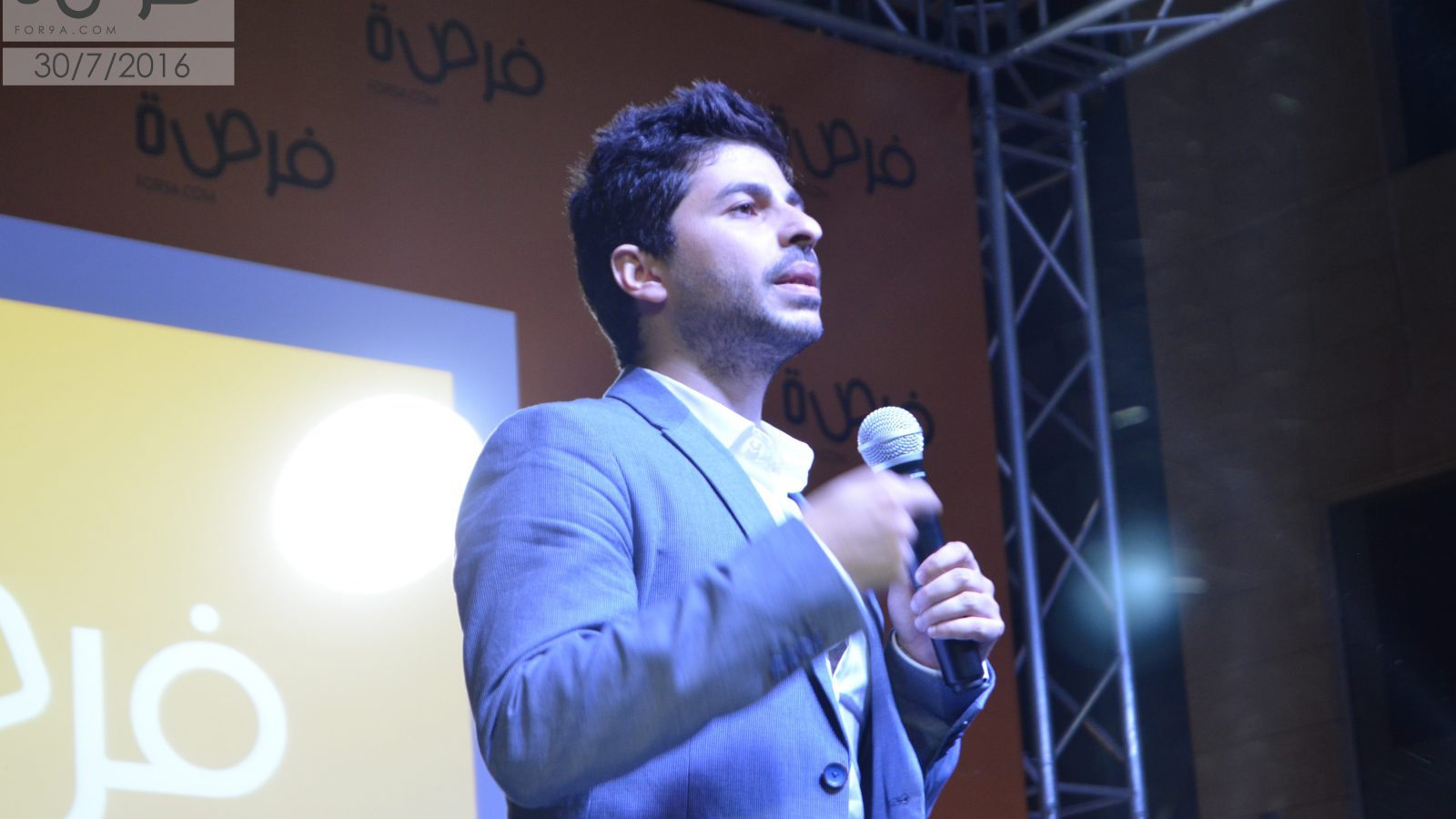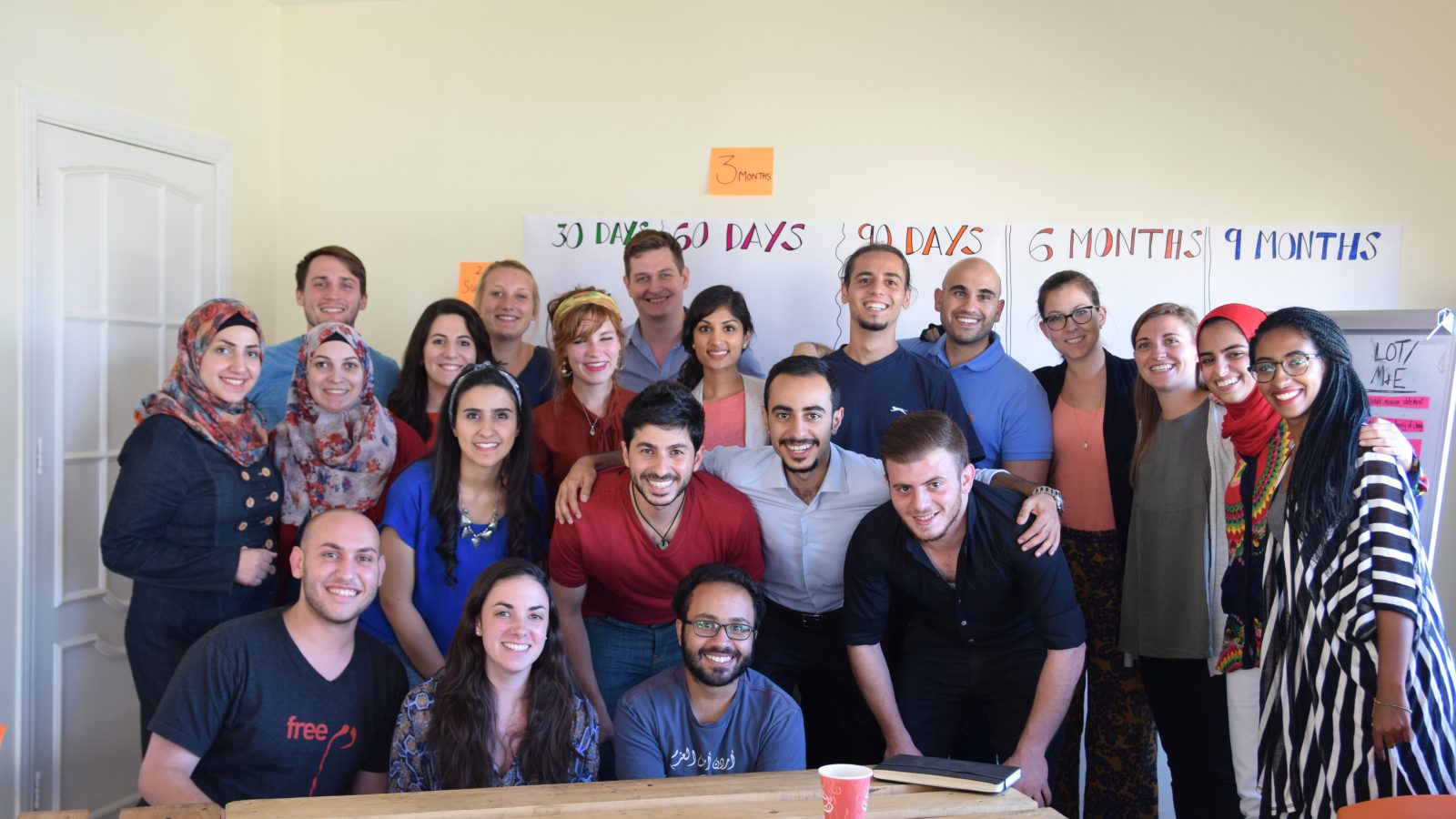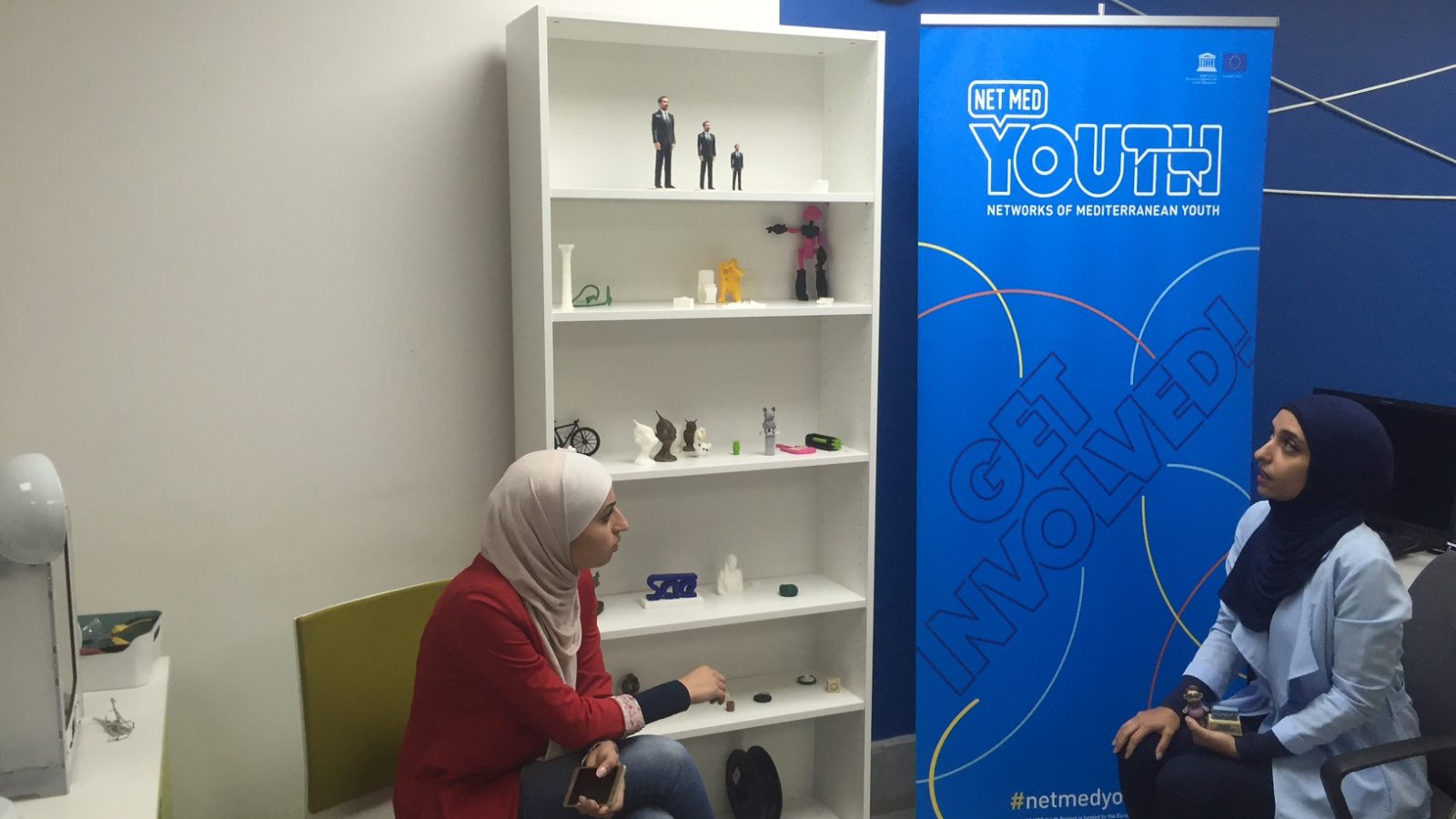NET-Med Youth programme supports youth in becoming fully-fledged actors in society
Young Jordanians are breaking the cycle of exclusion and surmounting challenges to create jobs and sustainable businesses with the help of the EU-supported NET-MED Youth programme. This programme offers inspiration to thousands of young men and women across the Middle East and North Africa. A journalist from the EU Neighbours South programme met with some of them in Amman and tells us their stories in this report.
Text and photos by Mohammad Ben Hussein
Amman – Sami Hourani is a young Jordanian entrepreneur who turned his back on a lucrative and prestigious job in robotic surgery to establish an ambitious youth platform. He is a motivated and proactive young man in his small country, where youth unemployment and exclusion have become a major concern for policy-makers, a concern that is echoed across the Middle East and North Africa.
The prevailing sense of loss among youth in the southern Mediterranean served as an inspiration for EU officials involved in cooperation, leading to the creation of the NET-Med Youth programme, an ambitious project focused on young beneficiaries, where each individual counts.
Hourani is one of many Jordanians who benefited from this three-year project. Through training and day-to-day guidance, the project helped take his business to another level, capable of competing in a cutthroat market.
Young men and women in the southern Mediterranean region suffer from high unemployment and low representation in public and political spheres, disinterest in civic engagement, exclusion from mainstream media, and economic marginalisation. NET-MED Youth is a joint EU-UNESCO response to these issues, according to Dareen Abu Lail, an Associate Project Officer with the project. “The NET-Med Youth project has done great work with local assets, developing them according to local needs. It is clearly a unique project with a substantial added-value for the country,” said Abu Lail.
“I would see NET-MED Youth in the future focusing on the policy level. An evidence–based approach will help us to work more with youth organisations, to make recommendations for the government to develop youth policies,” she added.
EU partners in the project believe youth in the region have great potential, but need guidance and training to realise their goals, and that’s precisely what the project seeks to achieve: empowering youth to help them engage in the creation and implementation of national policies on education and employment that focus on their rights, responsibilities and potential.
Net-Med Youth: helping young people to help themselves
Having completed his studies in robotic surgery at Stanford University, Hourani had the world at his feet. But instead of opting for a comfortable life in the US, he took a different career path, choosing to make use of the support he received to help his fellow youngsters, and showing courage by embarking upon the adventure of establishing a one-stop-shop for education and capacity building in Jordan.
His portal, For9a.com (meaning ‘Opportunity’ in Arabic) has challenged the status quo whereby access to educational and skills development opportunities is very limited. Moreover, he has created awareness, and promoted the practicality of internships as a way of giving new graduates a chance to enter the labour market.
“We wanted to break all these cycles of cronyism and lack of access to education. So we said that we were going to use cyberspace and social media to reach more young people freely and equally,” explains Hourani.
The portal was launched in 2011 in the midst of the political upheaval fuelled by youth frustration. What started in Tunisia when Mohamed Bouazizi set himself alight as a cry against marginalisation turned into a history-changing event that continues to have ripples today and will do so for years to come.
Meanwhile, For9a.com is attempting to resolve part of the problem by providing a link between educational facilities, vocational training centres, companies and NGOs, and eligible and motivated young talent.
Supporting youth through various programmes
NET-MED Youth cooperates with several partners in the Kingdom to implement various programmes in three focus areas: Youth Public Policies, Youth and Media, Youth and Employment.
One of these is the Luminous Media project, the first “Creative Media Incubator” in the region, where aspiring young entrepreneurs can find a space to start a business and enter the business environment. This initiative is part of a partnership programme with the NET-Med Youth project that seeks to provide young entrepreneurs with practical support, including work spaces and access to tutors to guide them through the first steps of their activity.
Wejoud Al-Naboulsi, the 24-year-old managing director of the 3D printing company “Geo Clone”, is a bright example of how ambitious young women have learnt to conquer the business world with the help of the Luminous Media project.
Wejoud sits calmly behind her 3D printing machine, assembling the pieces as she prepares for her next production. 3D objects stand on a nearby shelf, bearing testimony to her creativity and ambition.
After a year of endless paperwork and red tape, Wejoud managed to set up her business, find clients and start operating from a studio in the Luminous Media group, a private sector media company that trains students on a variety of media-related projects.
Wejoud took several training courses on preparing feasibility studies and business strategy planning, and was offered a small studio at the Luminous Academy to work from, as well as guidance throughout the initial stages of her project.
“The space given to me is a godsend. I used to work from home, but now I have an office where I can meet clients, show them my work and dream about expanding my output,” she said.
For the shy but determined Wejoud, the Luminous project was a perfect opportunity to showcase her potential, helping her to overcome numerous obstacles that hinder young entrepreneurs in achieving their dreams.
“The programme has changed me greatly. I used to find it hard to deal with the public, or pitch for financial support, but now I have gained experience and self-confidence. I managed to overcome the wall of fear,” she adds.
Both Hourani and Wejoud now feel they have a social responsibility to pass on their experience and knowledge to other young men and women who aspire to success and inclusion in their societies.
